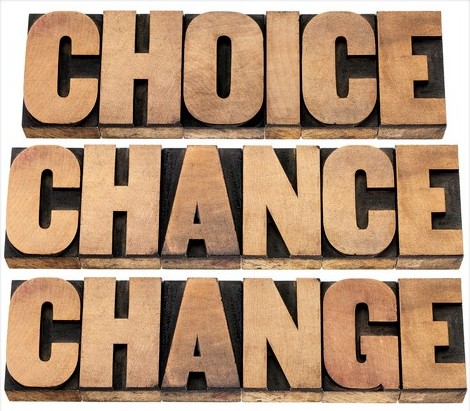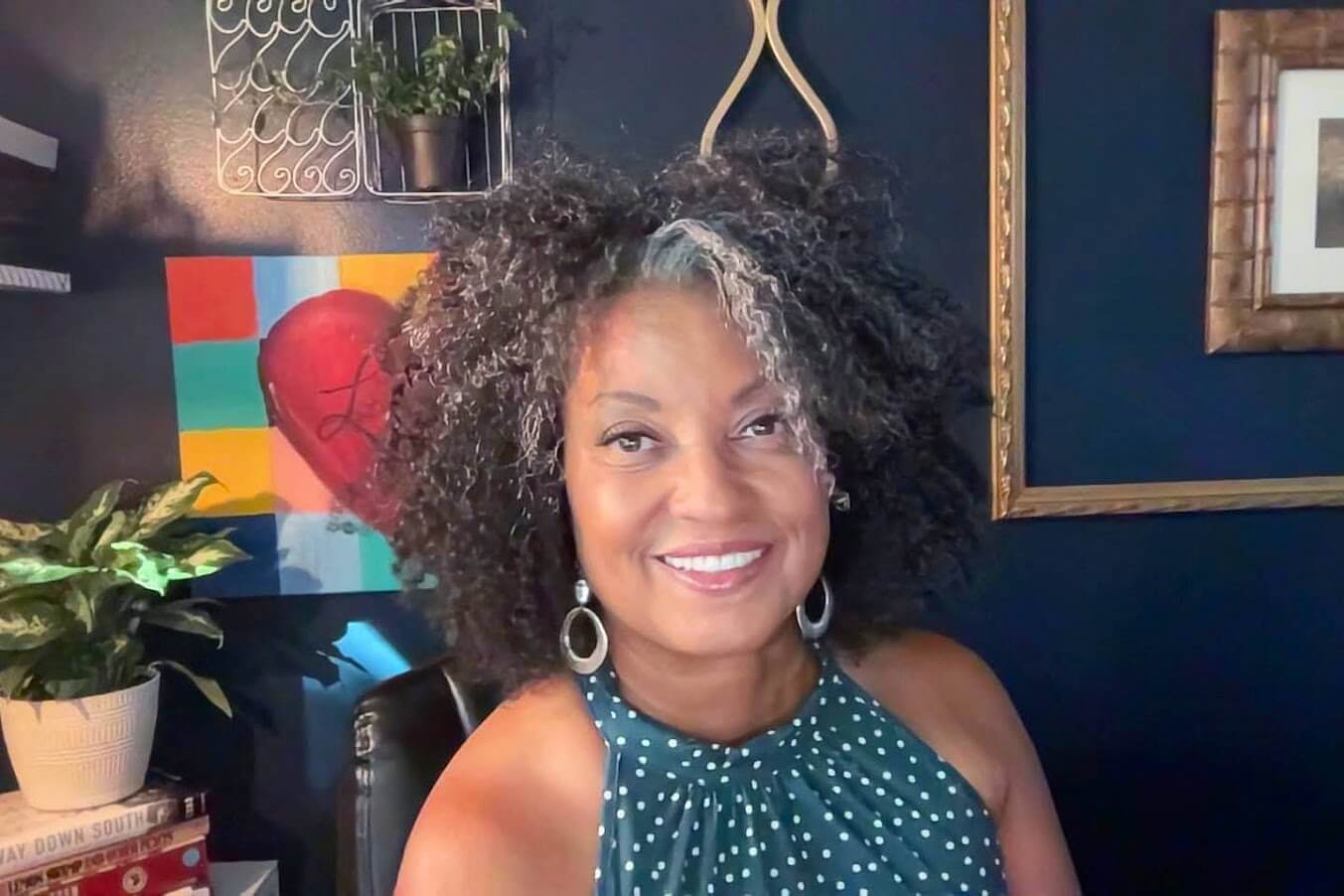Survivor Stories 2013:
Sonia Fuentes
How did you first find out you had cancer?
After I had a routine mammogram on October 24, 1990, I was asked by the laboratory technician to return for some additional pictures to be taken. I was not unduly worried as I was told this is frequently required. Before the technician took the extra pictures, she said that afterwards, the radiologist would come in to discuss the results with me. After the pictures were taken, however, the technician said the radiologist wanted me to come to his office. That’s when my heart first sank. I could tell something was wrong.
The radiologist said there was a spot he was concerned about; he suggested I ask my internist to recommend a surgeon to perform a biopsy. While I was shook, I didn’t feel too badly because he then went into quite a spiel about how four or five of these biopsies turn out to be nothing.
I arranged for the biopsy, but before it, the surgeon asked me to see my internist for some blood tests. After the blood tests, the internist sat me down and spent twenty minutes telling me that from the looks of my x-rays, the radiologist and the surgeon believed it was likely I had breast cancer. I was stunned. I was totally unprepared for that news since I had just come in for routine blood tests. I walked out of the the office in a daze.
How did you react when you heard the news?
When I reached the sidewalk, I felt as if someone had thrown a pail of cold water into my face. I did not know what to do. That evening, I was due to go to my friend Lillian’s house for her annual get-together to watch the election results on TV. I didn’t know whether I was up to going; I didn’t know whether I should go. I wondered about the wisdom of telling my friends who would be there this news. I didn’t want to disrupt the get-together. I didn’t know whether I could handle it emotionally. But, on the other hand, I didn’t particularly want to be alone. I decided to go but not say anything until the end of the evening.
At the end of the evening, I mentioned it to Lillian, who was a physician, and to a couple of other close friends there. Lillian said, “Remember, Sonia, the most important thing is to have a positive attitude.” That made me feel terrible, although Lillian, of course, meant well. Because when I learned the news, my feelings were anything but positive. I felt, “O.K., if this thing wants to get me, let it. I’m not married. Zia, my nineteen-year-old daughter, could care less. I might as well die.”
The next day, I told Lillian that her remark made me feel terrible because I wasn’t feeling positive at all. She said that was O.K., that I could feel however I felt.
What course of treatment were you prescribed?
I had a mastectomy of my right breast (and chose to have a simultaneous breast implant) and six months of chemotherapy.
What most surprised you about your treatment?
That a mastectomy is considered “outside surgery” (outside the body) as opposed to the removal of one’s gall bladder, which is “inside surgery.” And the recuperative period for “outside surgery” is very short. I left the hospital on a Tuesday or a Thursday and that Saturday night I was co-emceeing a Chanukah party at a friend’s home and standing on my feet for four hours telling jokes.
What would your advice be to anyone who’s just received a cancer diagnosis?
Give the horrible news some time to sink in. Share it with whomever you are comfortable sharing it with. Get the best medical professionals to treat you that you can. Get as much support from family, friends, and organizations that you can. In my case, the most helpful organizations were the American Cancer Society and the National Research Center for Women and Families in Washington, DC, headed by Diana Zuckerman. Their website is at www.center4research.org
How long have you been cancer free?
Since 1990.
What lessons did you learn from the experience?
That a diagnosis of breast cancer is not a death sentence and to have more empathy for cancer patients and survivors.
If you could send one message to all the Good Enough Mothers out there – what would it be?
Enjoy and treasure each day and make your life meaningful and worthwhile.
Sonia Pressman Fuentes was born in Berlin, Germany, of Polish Jewish parents five years before Adolf Hitler became Reich Chancellor of Germany. When she was five, she and her family fled the Nazi regime, going first to Antwerp, Belgium, and then coming to the US in 1934.
In the US, Sonia became one of the founders of the second wave of the women’s movement: she was a cofounder of NOW (National Organization for Women) and the first woman attorney in the Office of the General Counsel at the EEOC (Equal Employment Opportunity Commission).
Today, at the age of eighty-five, she remains active as a community and feminist activist, writer, and public speaker. For more information on her activities and achievements, honors and awards, writing, interviews, and articles, audios and videos about her, see her website at www.erraticimpact.com/fuentes











